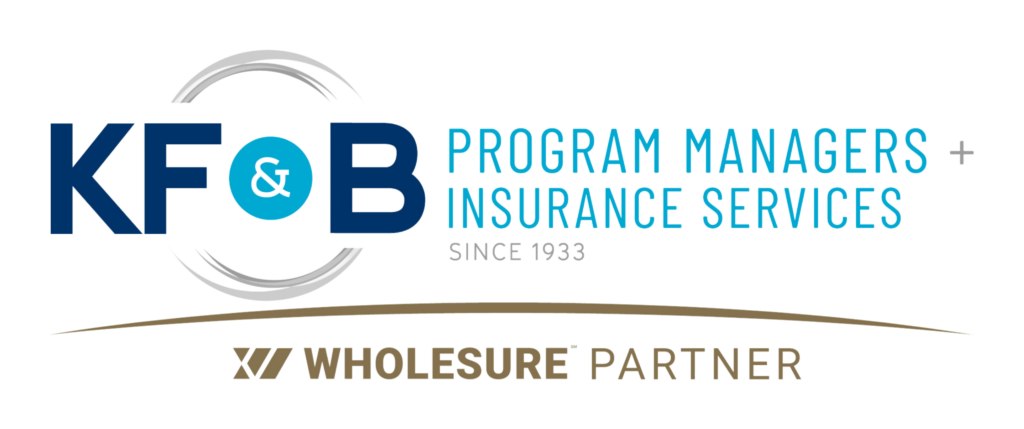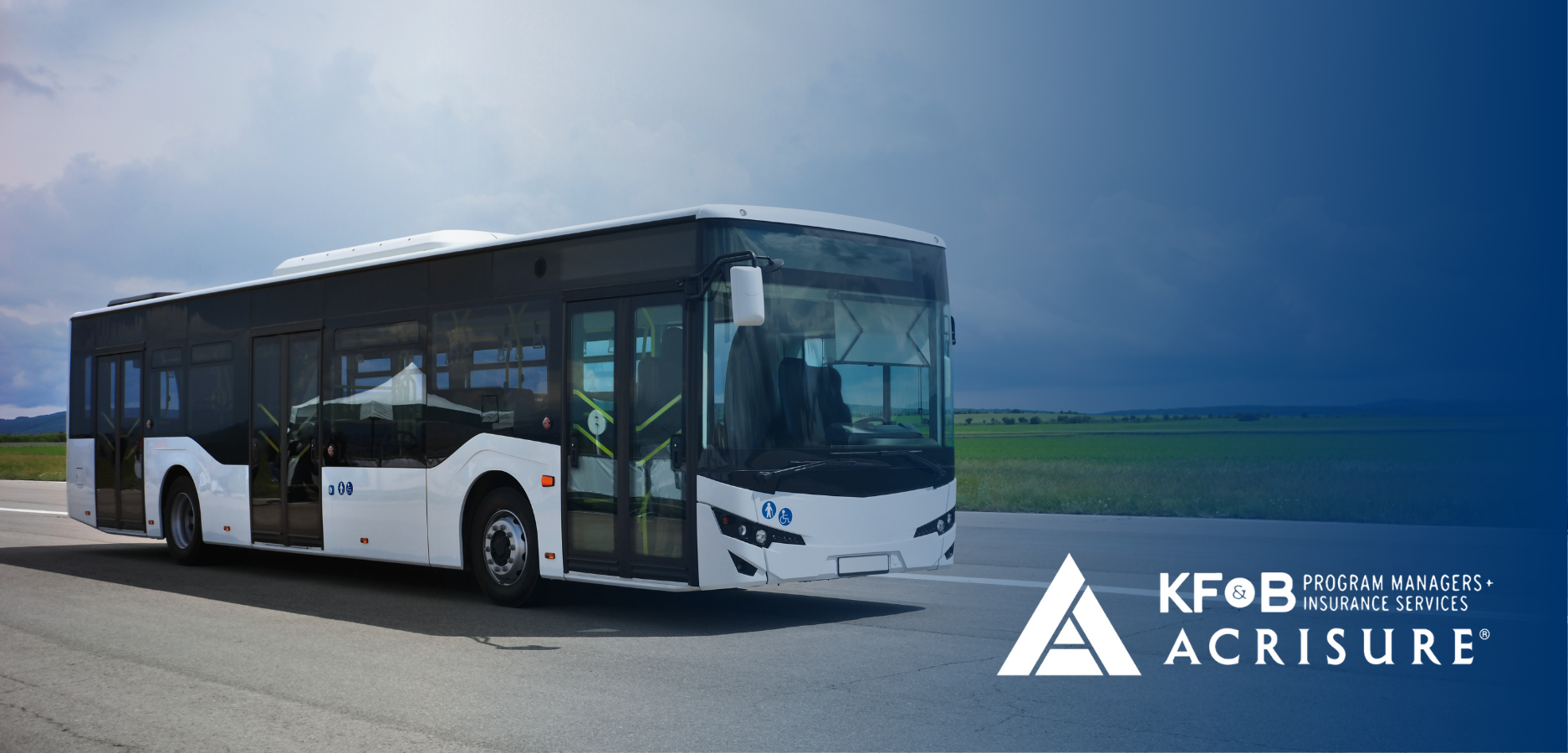Shuttle buses have become increasingly popular as a mode of transportation for a wide range of purposes, including airport transportation, employee commuting, and university transportation. While shuttle bus services provide a convenient and efficient way to get around, they also come with unique risks and challenges. In this blog, we’ll take a closer look at shuttle buses and what you need to know to operate them safely and efficiently.
What Qualifies as a Shuttle Bus?
A shuttle bus is a type of vehicle that is designed to transport passengers on a regular schedule, typically between fixed locations. These vehicles are usually larger than traditional passenger transportation vehicles and may be configured with seating for up to 56 passengers. Shuttle buses can be operated for a variety of purposes and organizations such as airports, universities, hotels, private companies, and more.
Common Accidents and Claims
Like any type of vehicle on the road, shuttle buses are susceptible to accidents that can lead to claims.
One of the most common types of accidents involving shuttle buses includes rear-end collisions. These accidents can occur when shuttle buses stop suddenly, and the driver behind does not have enough time/room to stop.
Another common accident associated with shuttle buses is side-swipe accidents. Shuttle buses are long and make very wide turns. Even the most experienced drivers can side-swipe a vehicle when making a sharp turn or switching lanes.
Due to their size and blind spots, shuttle buses are more prone to pedestrian accidents. With frequent stops and passengers constantly getting on and off, drivers must always be aware of their surroundings.
These accidents can lead to your shuttle bus company receiving insurance claims. Some of the most common claims that can arise from shuttle bus accidents include bodily injury claims, property damage claims, liability claims, and workers’ compensation claims.
What Happens if You Don’t Have Commercial Auto Insurance?
If you operate a shuttle bus without commercial auto insurance, you are putting your business and your passengers at risk. Without proper insurance coverage, you may be liable for any damages or injuries that occur in the event of an accident. This can be financially devastating for your organization and puts you at risk of legal trouble.
Other Beneficial Insurance Coverages
Every single organization that operates in the passenger transportation industry must have commercial auto insurance. However, there are additional insurance options that can give you an extra layer of protection.
General liability insurance can protect against claims of bodily injury or property damage that take place on your premises or place of business, while workers’ compensation insurance can provide coverage in the event that an employee is injured while operating, maintaining or riding in the shuttle bus.
Additionally, shuttle bus operators may need coverage for non-owned and hired vehicles, which can protect them in the event that a subcontractor or other third-party driver causes an accident.
Best Practices for Safely Operating Shuttle Buses
The key to operating shuttle buses safely is to establish good practices within your organization. For example, conducting regular vehicle inspections is essential to keeping your shuttle buses in good working condition. Preventive maintenance will help identify any potential problems with your vehicles and prevent the chances of a breakdown or accident from occurring. Moreover, drivers must be properly trained in safe driving practices and ensure that they are familiar with their routes. Having experienced drivers who are qualified for operating shuttle buses will help mitigate risk.
Insurance Solutions Designed for Transportation Companies
Operating in the passenger transportation industry comes with its unique set of risks and responsibilities. At KF&B Insurance, we specialize in providing niche insurance solutions tailored to the needs of transportation companies. Our team has the knowledge to provide your company with the highest level of protection and ensure your fleet and employees are taken care of. For more information on our services, please contact us today to set up an appointment.




